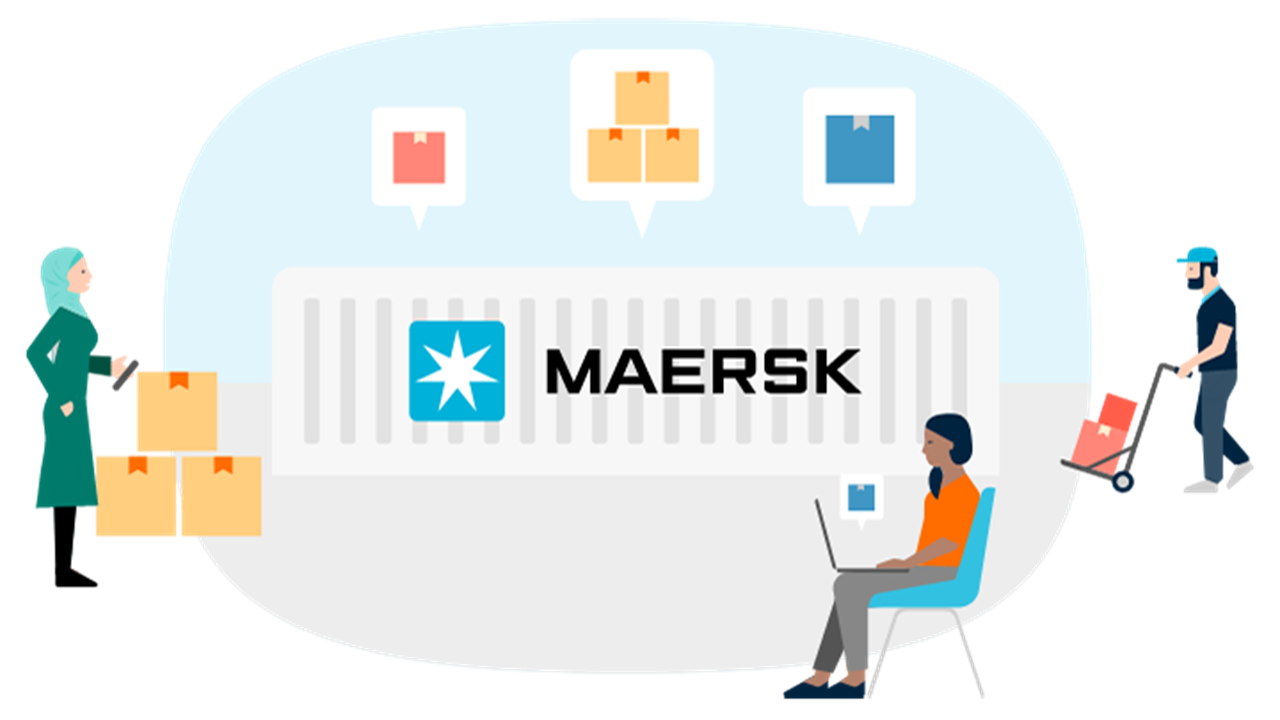Navigating fluctuating stock quantities is a constant challenge for businesses. Variations in demand, seasonality and market dynamics pose challenges in estimating demand accurately and managing inventory levels effectively. Whether excess stock during off-peak periods or stockouts during peak seasons, new product introductions or unexpected events, all can lead to missed sales opportunities. As a result, businesses must find a way to effectively balance their inventory levels —¬ or pay the price…
So, how can businesses achieve the equilibrium they need? With less-than-container load (LCL) logistics.
LCL logistics allow businesses to coordinate, consolidate and transport small cargo volumes in a container, where payment is only made for the space the shipment takes. This offers a greater degree of flexibility and scalability, perfect for businesses looking to balance inventory.
This article will explain five ways LCL logistics helps businesses navigate the complexities of balancing inventory.

Right-sized shipments
LCL logistics allows businesses to ship smaller quantities as needed, providing the ability to match stock quantities with actual demand. This flexibility eliminates the need for overstocking or understocking or booking and paying for full-container loads (FCL) when stock levels are uncertain or vary over time.
Improved inventory turnover
LCL shipments enable businesses to optimise their inventory turnover rates. By shipping smaller quantities more frequently, businesses can avoid excess stock sitting idle for extended periods, reducing carrying costs and the risk of obsolescence.
Scalability and agility
LCL logistics offers businesses the scalability to adjust stock quantities based on market conditions. This adaptability allows companies to respond quickly to changes in demand, ensuring inventory levels align with customer requirements while minimising the risk of stockouts or overstocking.
Cost optimisation
LCL shipments provide cost advantages compared to FCL for businesses with fluctuating stock quantities. By consolidating smaller shipments into a single container, companies can maximise space, reducing transportation costs and avoiding unnecessary expenses associated with underutilised container capacity.
Just-in-time (JIT) inventory management
With JIT inventory management, businesses can balance inventory levels by receiving and replenishing stock precisely when needed. LCL logistics plays a crucial role in JIT inventory management by facilitating frequent and smaller shipments, reducing lead times and increasing supply chain efficiency. This allows businesses to optimise resources while accurately meeting customer demands.

Small cargo, big impact
Where fluctuating stock quantities pose questions as how best to balance inventory management, LCL logistics emerges as a key part of the solution. By embracing the LCL logistics benefits outlined above, businesses can achieve a balanced inventory system that maximises efficiency, minimises costs and enhances overall performance.
At Maersk, our Global LCL programme is designed to optimise your small-volume cargo journey, offering end-to-end flexibility, reliability, transparency and ease of operation.
Find out more on how Maersk LCL logistics can help you balance inventory.
无论您需要什么,我们都可以随时为您提供帮助
I agree to receive logistics related news and marketing updates by email, phone, messaging services (e.g. WhatsApp) and other digital platforms, including but not limited to social media (e.g., LinkedIn) from A. P. Moller-Maersk and its affiliated companies (see latest company overview). I understand that I can opt out of such Maersk communications at any time by clicking the unsubscribe link. To see how we use your personal data, please read our Privacy Notification.
By completing this form, you confirm that you agree to the use of your personal data by Maersk as described in our Privacy Notification.
